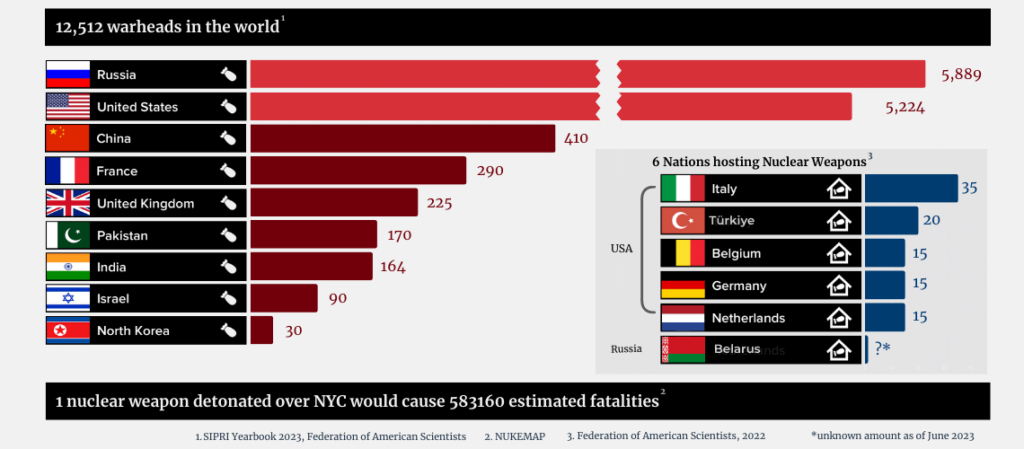At the United Nations, Russia stood alone in vetoing a Security Council resolution that sought to reaffirm a nearly half-century-old ban on placing nuclear weapons in space. The veto comes amid reports that Russia is developing a satellite equipped with a nuclear device, raising international concerns.
What’s Happening & Why This Matters
Russia used its veto power as one of the five permanent members of the UN Security Council to block a resolution co-proposed by the United States and Japan. The resolution aimed to enforce the 1967 Outer Space Treaty’s ban on orbiting nuclear weapons and other weapons of mass destruction. The veto was anticipated given Russia’s current geopolitical stance and recent activities in space weaponization. China abstained from the vote, while the other 13 members supported the resolution, reflecting a broad but not unanimous consensus against the militarization of space.
“The veto by Russia is a clear sign of the complex dynamics at play within international security and space governance. It challenges the collective effort to prevent an arms race in outer space, which has been a global objective for decades.”
UN Spokesperson
A nuclear device in space could potentially destroy multiple satellites and create extensive debris, disrupting not only military but also civilian space operations. The veto exacerbates already high tensions among global powers particularly involving space security and arms control. Russia’s actions and the veto might complicate future international negotiations on space arms control and the peaceful use of outer space.

TF Summary: What’s Next
The aftermath of Russia’s veto at the UN Security Council is likely to influence future diplomatic engagements and policy formulations regarding space and security. As nations navigate these turbulent waters, the international community remains vigilant about the militarization of space and its consequences for global security and stability. This votes exhibits the need for effective international treaties that extend towards space. Considering space as the newest frontier, world leaders must ensure it remains a domain dedicated to peaceful purposes and weapons-free.


